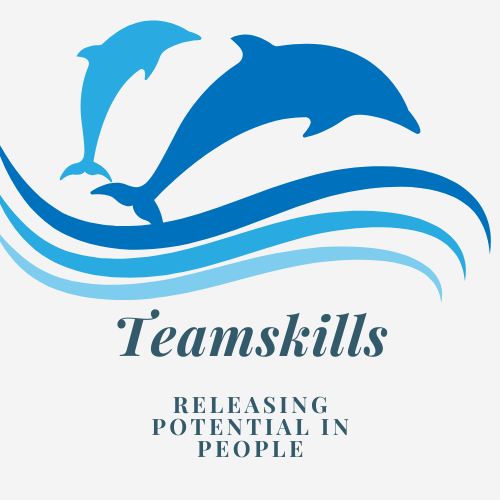How to be powerful
Power is the ability to influence another person’s behaviour; influence is the effect. Power is a resource; influence is the result of using that resource, and the demonstration of its existence.
Authority is the acknowledged right to exercise control, including the control of money and people. Authority arises from the office, not from the officer. It may contribute to the power of the officer, but it does not guarantee influence, nor does it transfer with the officer to another position.
Authority is conferred by the organisation; power is acquired by the individual. You can work to develop your own power – your own ability to influence – whether or not the organisation gives you authority. Many organisations, in practise, only give authority to those who have already acquired the appropriate amount of power.
Power is measured by its effects; it rests ultimately on the agreement by others that they are willing to be influenced. The power of the terrorist lies in the assumption that society will be willing to pay the price in order to rescue the hostages. When society is unwilling to pay that price, that power strategy fails, even though the hostages may die. The resource of power is not enough by itself – others must acknowledge it.
The amount of power an individual can exercise, therefore depends on:
the resource based on personality and his/her control of
expertise, money, authority, fear, etc.
and dependency the need of other people for that resource
e.g. accounting skills, wages, security, love,, survival, etc.
The individual can increase the amount of power he/she can exercise both by developing the resource (e.g. increasing the perception by others of his/her power resources), and by creating dependency by others on that resource. There can be many reasons for dependency, but the most common in organisations are:
Scarcity Scare resources are valued; common resources are not. The surgeon’s skill in the operating theatre creates dependency when no other surgeon is available. The qualified Chartered Accountant in industry, where such persons are rare, can wield more power derived from his/her qualification than his/her colleagues in the profession where almost everyone is qualified.
Centrality is the degree to which the power resource is seen as being of central importance. Functional centrality refers the contribution of the department in which the individual wields resources. In the USA, Production/Engineering were key functions during the development of mass techniques; once these were realised, Marketing took over as the central function; and when the market was saturated and mergers became the route to growth, Finance succeeded Marketing.
Personal centrality attaches to the individual, often as a result of his/her position in the formal communication networks in organisation. To the extent that “knowledge is power”, communication centrality is a power base. Thus, many a secretary to a Chief executive has power beyond her/his status.
Substitutability Power is increased when the resource cannot be supplied from alternative sources. Conversely, power will be diminished to the extent that there are readily available substitutes. Computers, introduced for reasons of cost-saving, and corporate glamour, could initially be replaced by the manual systems that preceded them. Now that is no longer feasible. Information Management is on the long climb from the clerical desk to the Boardroom.
The resource, then, is modified by the extent to which others are dependent upon it, which in turn depends on its perceived scarcity, centrality and substitutability. The resource itself is based on attributes which a function, office or person is seen to possess – the power base or bases.
Next time: Individual power bases






